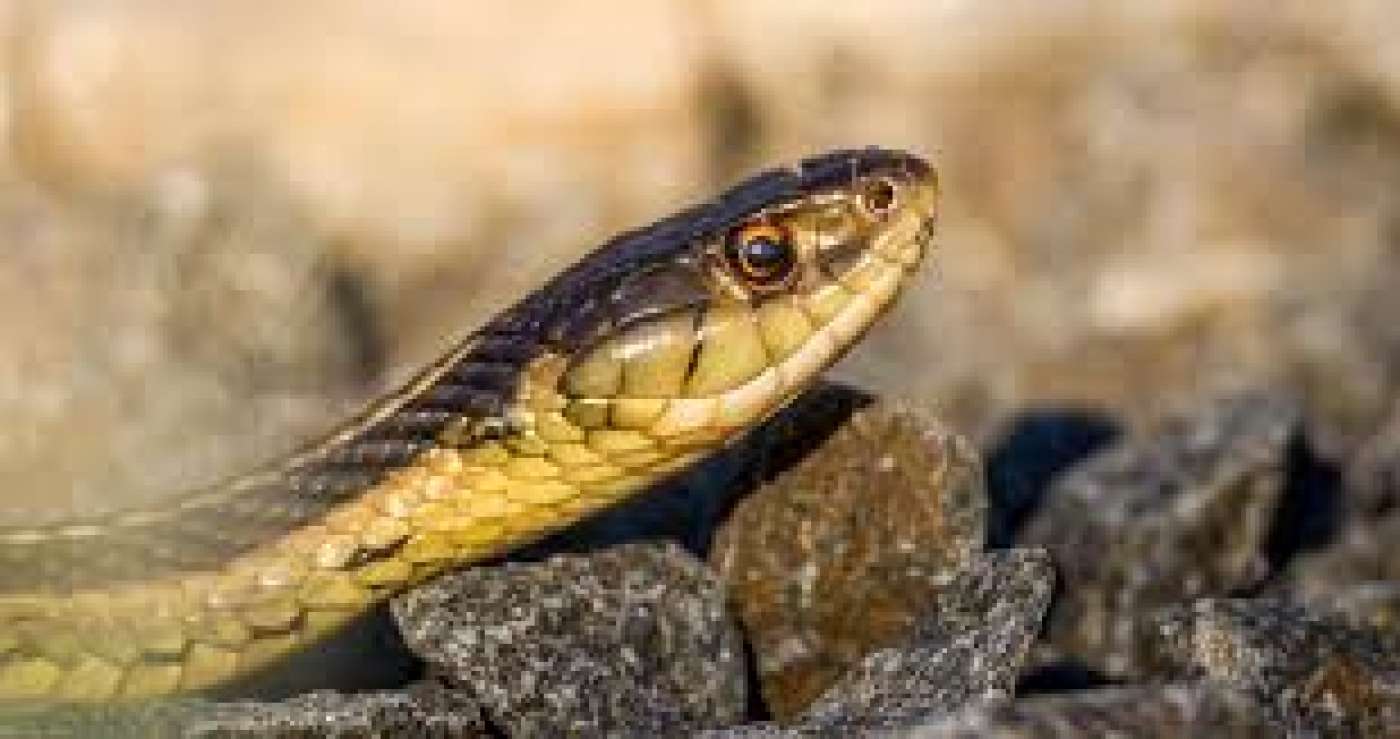Last week, the News Agency of Nigeria reported that victims of snakebites were flooding treatment centres across the country, as the scorching heat was forcing the reptiles out of their holes into bushes, farms, roads and homes in search of fresh air.
NAN noted that states worst hit include Gombe, Plateau, Borno, Benue, Taraba, Nasarawa, and Bauchi, while herders, farmers and rural dwellers were mostly affected.
In 2021, the Minister of State for Health, Dr. Olorunnimbe Mamora, said 12 states recorded the highest number of snakebites in the country with an average of 15,000 to 20,000 cases reported every year.
Mamora said snakebites in the country occurred at 479 cases per 100,000 people.
He said, “Nigeria records an average of 15,000 to 20,000 cases of snakebite every year, with about 2,000 people killed and between 1,700 and 2,000 people whose legs or arms are amputated to save their lives after snakebite.
“States with the most cases of snakebite in the country are Gombe, Plateau, Adamawa, Bauchi, Borno, Nasarawa, Enugu, Kogi, Kebbi, Oyo, Benue and Taraba.”
According to the World Health Organisation, about 5.4 million snake bites occur each year, resulting in 1.8 to 2.7 million cases of envenomings (poisoning from snake bites).
The WHO noted that between 81, 410 and 137, 880 deaths and around three times as many amputations and other permanent disabilities take place each year.
“Bites by venomous snakes can cause acute medical emergencies involving severe paralysis that may prevent breathing, cause bleeding disorders that can lead to fatal haemorrhage, cause irreversible kidney failure and severe local tissue destruction that can cause permanent disability and limb amputation. Children may suffer more severe effects, and can experience the effects more quickly than adults due to their smaller body mass,” it stated.
Meanwhile, Prof. Akande said it’s essential to get emergency treatment as quickly as possible when bitten by a snake.
On the type of first aid treatment to be administered, he said “The area of the bite can be covered with a clean, cool compress or a moist dressing, to reduce swelling.
“It is advisable to remove tight things like rings, wristwatches in case of swelling. Victims should be taken to the hospital as fast as possible.
“It is good to be able to describe the type of snake responsible for the bite to the doctor if it was seen. This is helpful in determining the anti-snake venom to use if the bite is from a venomous snake. However, not all snakes are venomous.”
The professor said snakes are found almost everywhere in Nigeria, but particularly in bushy environments, areas close to streams and farmlands.
On how to keep snakes away, he said the environment should be rid of bushes and places, where snakes are likely to hide or pass through, should be blocked.
“In highly infested areas, anti-snake sprays or powders can also be used. They are to be used with utmost caution. It is also important to be alert and get the environment well lit so that snakes can easily be seen.
“Care should be taken when opening areas where snakes are likely to be hiding, including toilets,” he said.
Source: HealthWise







